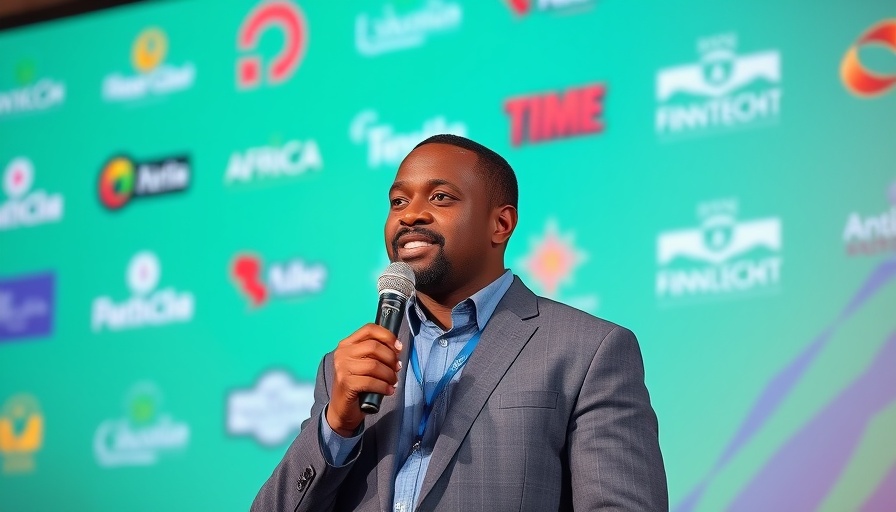
Remembering Leon Kiptum: A Beacon of Purpose in Fintech
The unexpected passing of Leon Kiptum, former VP of Flutterwave East Africa, at just 44 years old, has sent shockwaves through the fintech community in Kenya and beyond. With a career marked by both depth and breadth in banking and fintech, Kiptum was revered not just for his professional acumen but for his unwavering belief in the potential of people and the power of purpose-driven leadership.
Kiptum’s approach to leadership was both refreshing and impactful. He famously believed that "customer-centricity is paramount" and that innovation was not just a task, but a daily commitment. His emphasis on team-building laid a foundation that many start-ups striving for success today could learn from. As the Kenyan fintech landscape becomes increasingly competitive and complex, Kiptum’s ethos encourages current and future leaders to focus on relationships and shared goals behind innovations and developments.
Leon’s Legacy in Fintech
Having joined Flutterwave in 2023 during a challenging period for the company, Kiptum was instrumental in heeling tensions between the company and regulatory authorities amid growing scrutiny. His decade-long experience in major banks paved the way for navigation during one of the most tumultuous times for the fintech giant. These experiences positioned him to advocate effectively for startup growth in an ever-changing digital environment.
Beyond Flutterwave, Kiptum played an important role as a board member of the Association of Fintechs in Kenya (AFIK). There, he was committed to enhancing sector representation and bridging gaps between startups and government regulators, influencing how fintech companies operate under Kenyan law.
The Future of Fintech Leadership
The tech community’s numerous tributes highlight not just loss but an invaluable legacy of mentorship and guidance that Kiptum provided to upcoming fintech leaders and entrepreneurs. His belief in the mission to inspire and motivate peers reflects current trends that prioritize ethical practices and strong community engagement—an essential component as fintech innovations continue to unfold across Africa. As the sector seeks to stabilize and thrive, Kiptum's vision reminds us that the heart of this journey is nurturing talent and fostering environments where people are empowered to innovate for impactful change.
Getting Inspired by Kiptum’s Vision
As Kiptum’s contributions echo throughout the fintech community, it can serve as an inspirational call for entrepreneurship and innovation in Africa. Current and aspiring fintech leaders should embrace his legacy by ensuring that the community works collaboratively, focusing on ethical dilemmas while navigating the many emergent technologies. The current landscape is ripe for transformation, and Kiptum's life is a touching reminder that the future of work in Africa will continue to be defined not just by technology, but by those who lead it with heart and intention.
 Add Row
Add Row  Add
Add 


Write A Comment